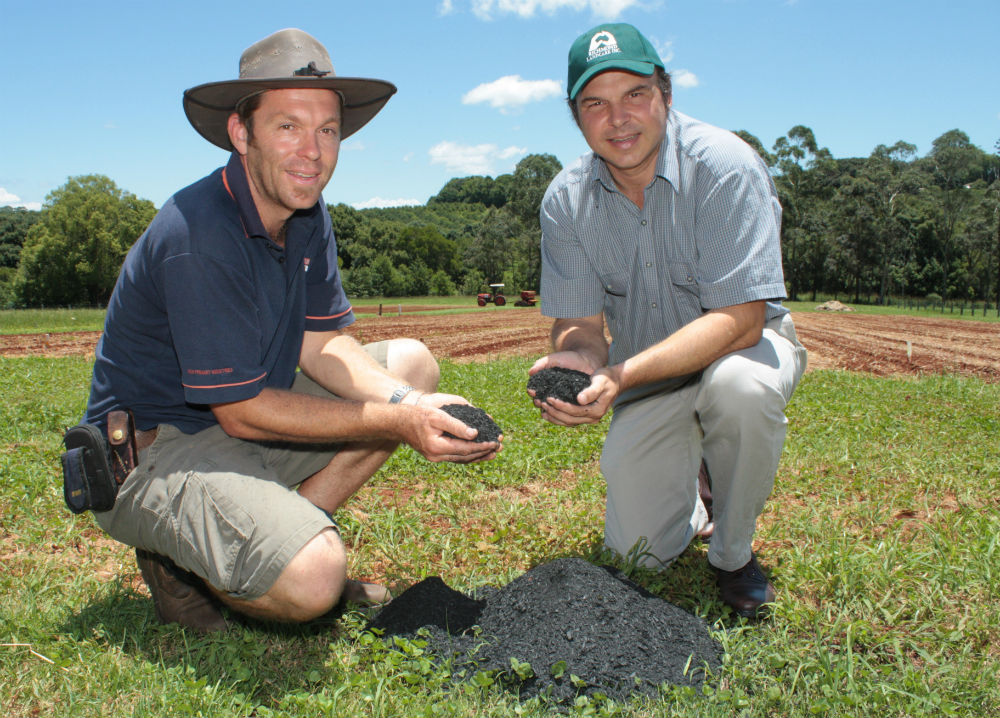
Two local soil scientists, who were recognised in the world's most influential researchers list, have been applauded by NSW Department of Primary Industries (DPI) Deputy Director General Research Excellence, John Tracey.
"We are proud NSW DPI's Dr Lukas Van Zwieten and Dr Bhupinderpal Singh have been ranked in the top one per cent of researchers by the Web of Science group," Dr Tracey said.
"Web of Science calculates the number of multiple highly-cited papers published over the last 10 years to rank scientists across the globe.
"With a combined output of 233 scientific papers generating 9983 citations, research generated by Drs Van Zwieten and Singh is having a significant impact on local and international knowledge of soil and the chemical processes which boost environmental outcomes.
"Their work underpins improved management strategies for sustainable agriculture."
NSW DPI senior principal research scientist, Lukas Van Zwieten's research has focused on soil processes including carbon and nitrogen cycling and the relationship to greenhouse gas emissions.
Dr Van Zwieten continues to investigate contaminants in the soil environment, unravelling microbial, rhizosphere and soil chemical processes.
His research on biochar was acclaimed in the 2007 United Nations' World Environment Day Award Meeting the Greenhouse Challenge and has been popularised through media coverage by ABC's Catalyst and Landline programs, a CNN special report and Discovery Channel's Ecopolis.
NSW DPI principal research scientist, Bhupinderpal Singh, has demonstrated expertise in soil chemistry, ecology and isotope biogeochemistry.
Extensive work by Dr Singh on soil carbon and nutrient cycling in cropping, pasture and forest ecosystems has attracted more than $5 million in co-investments, which fund projects delivering sustainable outcomes.
Dr Singh has explored the role of organic and inorganic soil amendments, soil carbon in grain-based farming systems, the effects of land use on soil carbon and ways to manage urine patches in dairy pastures, which can reduce nitrous oxide emissions.
He is an editorial board member of international journal Agronomy and a recent guest editor of Biology and Fertility of Soils.






